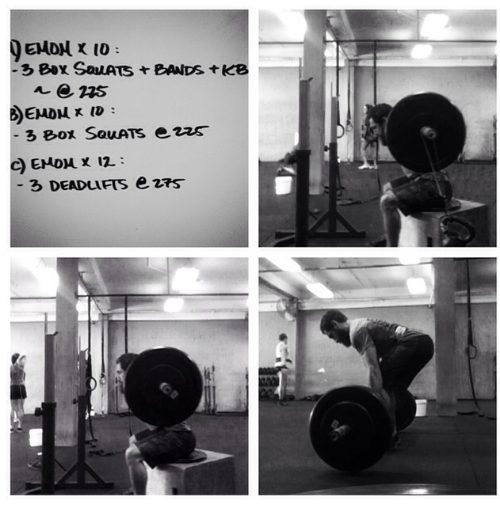As a Coach that's been doing this for a bit, I have picked up on to trends that take place on the gym floor. Some are good and others you'll want to stop ASAP. This topic falls under that later category.
General shoulder dysfunction as well as Bicep tendinitis are two issues that pop up more than we'd like. To start, our posture is typically pretty awful. Anteriorly rotated shoulders, a tight, immobile thoracic spine, and overdeveloped anterior muscles mixed with weak posterior muscle groups is a recipe for trouble in and of itself. Now throw in the workloads we place on our bodies....Uff!
Pushups, pullups, overhead pressing, dips or even overhead squats and snatches are all prime candidates for really aggravating the shoulder. To be clear, the movements aren't necessarily the problem, but rather the less than ideal positions or movement patterns displayed during said movements. This is especially the case when these exercises are done in large doses; what technique and solid position was once present, quickly disappears when the athlete goes in to "survival mode".
What makes this area less stable than others is the fact that the shoulder joint is designed for great range of motion and versatility, but tends to be less stable than your hip, for example. This all occurs because this joint is really a collection of muscles, tendons and ligaments that (should) secure the head of the humerus solidly within the Glenoid Fossa. A Fossa, by the way, is defined as a shallow depression on a bone into which another bone fits to form a joint.
Did you pick up on that? "A shallow depression..."
Sounds super solid to me. (sarcasm)
Look. All I really want to do with this post is offer a quick and easy way to keep those shoulders happier and healthier. I don't want to get all scientific and go through a college level Anat/Phys class with you. I'm sure you don't want that either. So, in short:
1.If you have some grumpy shoulders, this will help.
2.If you'd like to keep your shoulders from getting grumpy, do this.



